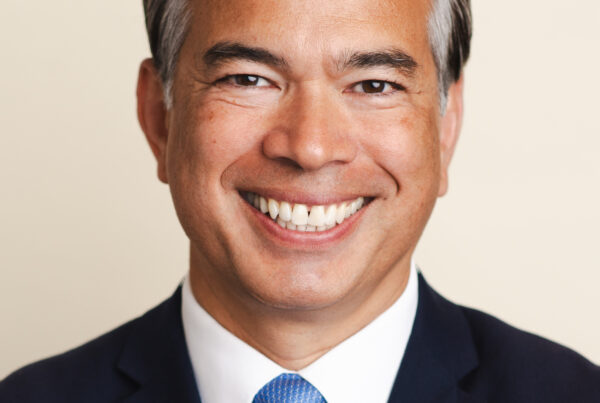In honor of Banned Book Week, Follow Our Courts is looking at the legality of book banning.
According to Erica Goldberg, a First Amendment scholar and associate professor of law at the University of Dayton, efforts to ban books from school curricula, remove books from libraries and keep lists of books that some find inappropriate for students are increasing as Americans become more polarized in their views.
Officials may exercise control over the curriculum of a school without trampling on students’ or educators’ free speech rights. But there are exceptions to government’s power: The Supreme Court ruled, for example, that a state law banning a teacher from covering the topic of evolution was unconstitutional because it violated the establishment clause of the First Amendment, which prohibits the state from endorsing a particular religion.
Several members of the Supreme Court have written that removing a book from a school library is constitutionally permitted only if it is done based on the educational appropriateness of the book, but not because it was intended to deny students access to books with which school officials disagree.








